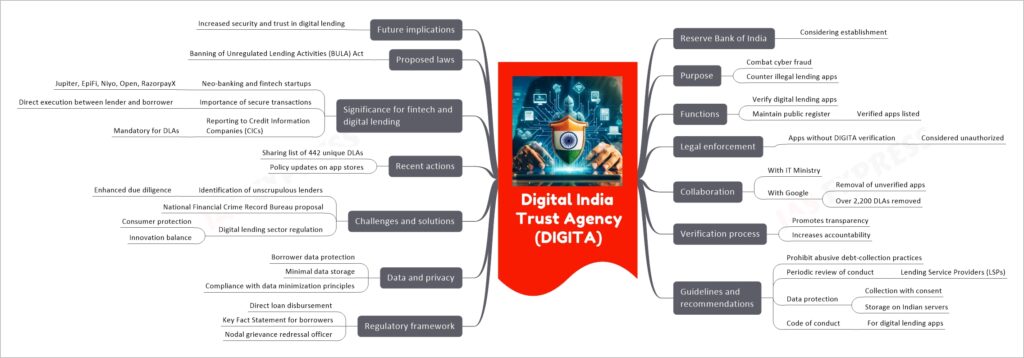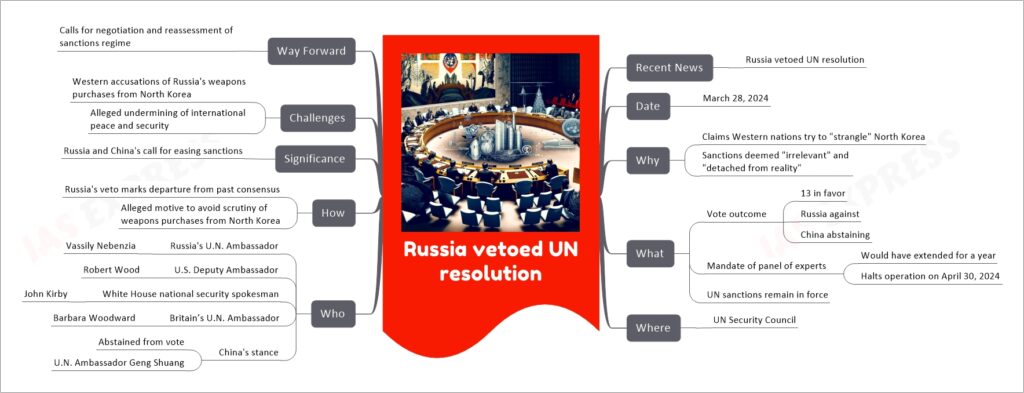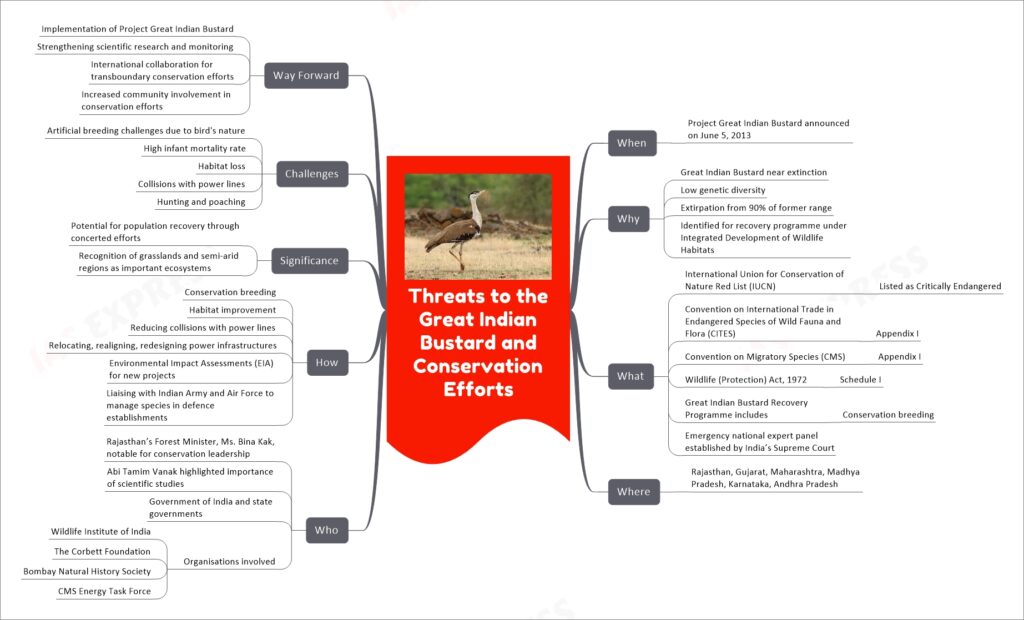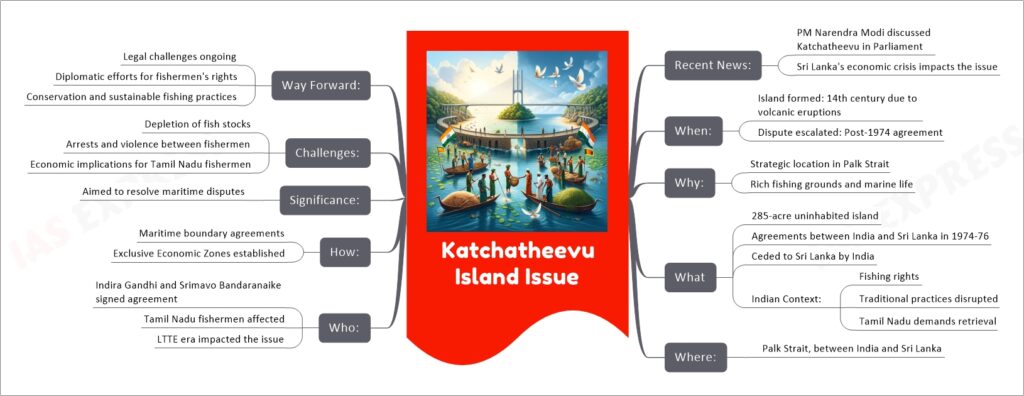[Newsbits] 30-31.03.2024: Digital India Trust Agency (DIGITA), IMT TRILAT 24 & More
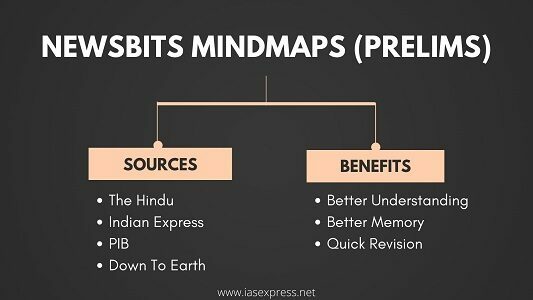
The initiative by the Tripura government and NERAMAC to secure Geographical Indication (GI) tags for Matabari Pera Prasad and Rignai Pachara textiles highlights a significant effort to preserve and promote the state’s cultural heritage and indigenous products. Matabari Pera Prasad, a sweet delicacy offered at the Tripura Sundari temple, and Rignai Pachara textiles, traditional attire of Tripuri women, exemplify the unique cultural and traditional richness of Tripura. The GI tags not only provide recognition but also aim at the economic upliftment of the indigenous creators by ensuring their creations are protected and celebrated.
The Digital India Trust Agency (DIGITA) is a proposed entity by the Reserve Bank of India aimed at combating cyber fraud and curbing the proliferation of illegal lending apps. It intends to verify digital lending applications and maintain a public registry of those verified, thereby enhancing transparency and accountability within the rapidly growing digital lending sector. This move is part of broader efforts to regulate digital lending practices, ensure borrower data protection, and establish a safe and trustworthy digital lending ecosystem. The agency is expected to play a crucial role in the prevention of unauthorized financial activities and abusive debt-collection practices by establishing a rigorous verification process for digital lending apps and creating a code of conduct for the same. Additionally, it will collaborate with other entities like the IT Ministry and tech companies like Google to remove unverified apps, promoting a safer digital lending space. The establishment of DIGITA is seen as a significant step towards ensuring consumer protection while fostering innovation and trust in the fintech and digital lending industries.
The situation regarding Russia’s veto against the renewal of the United Nations panel tasked with monitoring sanctions against North Korea has drawn international attention and criticism. Russia’s decision to veto the UN resolution, which would have extended the mandate of a panel of experts responsible for overseeing the enforcement of sanctions against North Korea, effectively ends the monitoring of these sanctions. This action was justified by Russia with claims that the sanctions and the monitoring efforts are “irrelevant” and have failed to address the reality of North Korea’s nuclear program, portraying it as an effort by Western nations to “strangle” North Korea.
The veto came amid accusations from Western countries, including the U.S. and the UK, that Russia is seeking to avoid scrutiny over its alleged weapons purchases from North Korea, which are in violation of UN sanctions. These purchases are said to support Russia’s military activities in Ukraine. Despite the veto, the sanctions against North Korea remain in place, but the ability to monitor their implementation and violations has been significantly hampered.
The international community, particularly the U.S., has condemned Russia’s veto as an action that undermines global nonproliferation efforts and security. The U.S. has pointed out the critical role of the now-halted panel in documenting sanctions violations by North Korea and others, including Russia itself. China’s position in this matter has been to abstain from the vote, with statements emphasizing sanctions as a means to an end and not the end itself, while also calling for a proposal that could potentially ease sanctions against North Korea.
This development is seen as a setback in the global effort to monitor and curb North Korea’s nuclear and ballistic missile programs. It highlights the challenges in maintaining international consensus on North Korea, particularly in the context of Russia’s growing tensions with Western countries and its own interests in the region.
The Great Indian Bustard (GIB), a critically endangered species, faces imminent extinction due to habitat loss, collisions with power lines, and poaching. With an estimated population of fewer than 200 individuals, efforts to save the GIB involve habitat improvement, conservation breeding, and the implementation of Project Great Indian Bustard, which aims to recover its population. Challenges include the bird’s shy nature, making artificial breeding difficult, and high infant mortality rates. Conservation efforts emphasize the need for swift, decisive actions and the involvement of government, scientific communities, and local communities to ensure the survival of this iconic species of India’s grasslands.
The Katchatheevu Island issue revolves around a small, uninhabited island in the Palk Strait, which has been a longstanding dispute between India and Sri Lanka. Historically, the island was used by Indian fishermen for fishing and other activities. However, after India ceded the island to Sri Lanka through agreements in 1974-76, Indian fishermen lost their fishing rights in the surrounding waters. This has led to numerous conflicts, including arrests of Indian fishermen by Sri Lankan authorities. The issue has been further complicated by environmental concerns and the depletion of fish stocks. Tamil Nadu has been at the forefront of demanding the retrieval of the island to safeguard the traditional fishing rights of its fishermen. The matter is still under legal and diplomatic consideration, with both countries looking to find a mutually beneficial solution.
The situation involves the Kerala government challenging the discretionary powers of the Governor and President in the lawmaking process, particularly regarding the withholding of assent to Bills passed by the state legislature without providing reasons. This action has prompted a legal and constitutional debate, reflecting broader concerns over the balance of power between elected state governments and appointed Governors. The case highlights key constitutional provisions governing the Governor’s role in the lawmaking process, including the options available to them after a bill is passed by the state legislature.
The IMT TRILAT 24 was the second edition of the India-Mozambique-Tanzania Trilateral Exercise, aiming to enhance maritime cooperation and interoperability among the navies of these nations. Conducted from March 21 to March 28, 2024, in Nacala, Mozambique, the exercise underscored the importance of regional security and the SAGAR (Security and Growth for All in the Region) vision. It consisted of two phases: the harbour phase, which included various training sessions, and the sea phase, focusing on joint operations and exercises. The event facilitated significant training in naval procedures, including Visit, Board, Search and Seizure (VBSS), Damage Control, and Firefighting Drills. Additionally, it provided a platform for cultural and professional exchanges, welcoming over 1,500 visitors and conducting outreach activities to foster bonds of friendship.
If you like this post, please share your feedback in the comments section below so that we will upload more posts like this.

